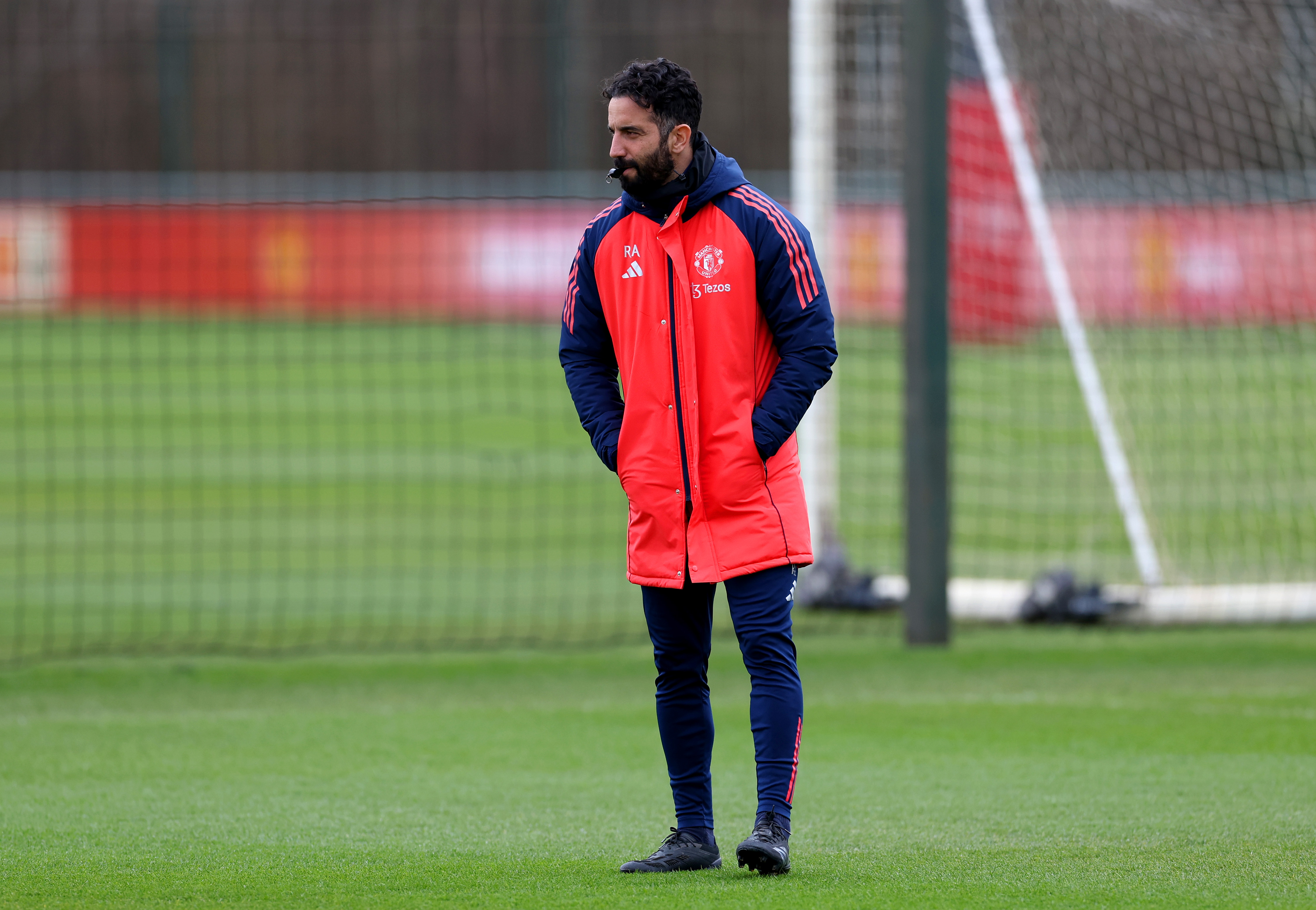Hare-brained schemes will ruin Premier League
"All clubs are equal. But some clubs are more equal than others."
That, sadly, could be the motto of the Premier League in recent years. The gradual erosion of competition via uneven division of gate receipts and increased television revenues for the bigger clubs has clearly affected the league's excitement â if not its financial success.
But those (serious) problems pale into significance when compared with the hare-brained scheme to take the Premier League abroad. If the proposals are ratified by the seemingly giddy club chairman, an extra round of matches will be played from 2010-11 onwards with overseas cities bidding for the right to stage Wigan v Fulham or Manchester United v Liverpool.
That means 39 games each rather than 38 with each and every team adding an extra fixture in a strange and far off land.
"This is taking nothing away, this is adding," reckons Premier League chief executive Richard Scudamore. "This proposal doesn't detract at all from the home and away symmetry, what you currently get for your season ticket."
But it does.
It takes away the possibility (or at least adds signficant costs) for real fans to watch every single league game, a badge of honour for the die-hards who support the club through thick and thin.
Get FourFourTwo Newsletter
The best features, fun and footballing quizzes, straight to your inbox every week.
It threatens to stamp all over the domestic game in emerging football nations, grabbing crucial slices of sponsorship revenue that might be better funnelled into developing local football infrastructures.
And most fundamentally, it strikes at the heart of the very idea of competition.
Unless I'm being daft, this proposal means that every team will play every other team twice. And that they'll then play one of those teams a third time. With all the points counting towards league positions.
So imagine this â far from unlikely â scenario: Manchester United are drawn to play Derby in Kuala Lumpur while Arsenal have to face Spurs in Sydney and Fulham and Sunderland clash in Toronto.
United win 3-0, while the other two games end in draws.
Come the end of the season, United are two points clear of Arsenal at the top of the league while Derby, a point adrift of Sunderland and Fulham, are relegated.
It may make business sense to the club owners, desperately seeking extra revenue streams to pay off their overdrafts, but how on earth can that be right?
